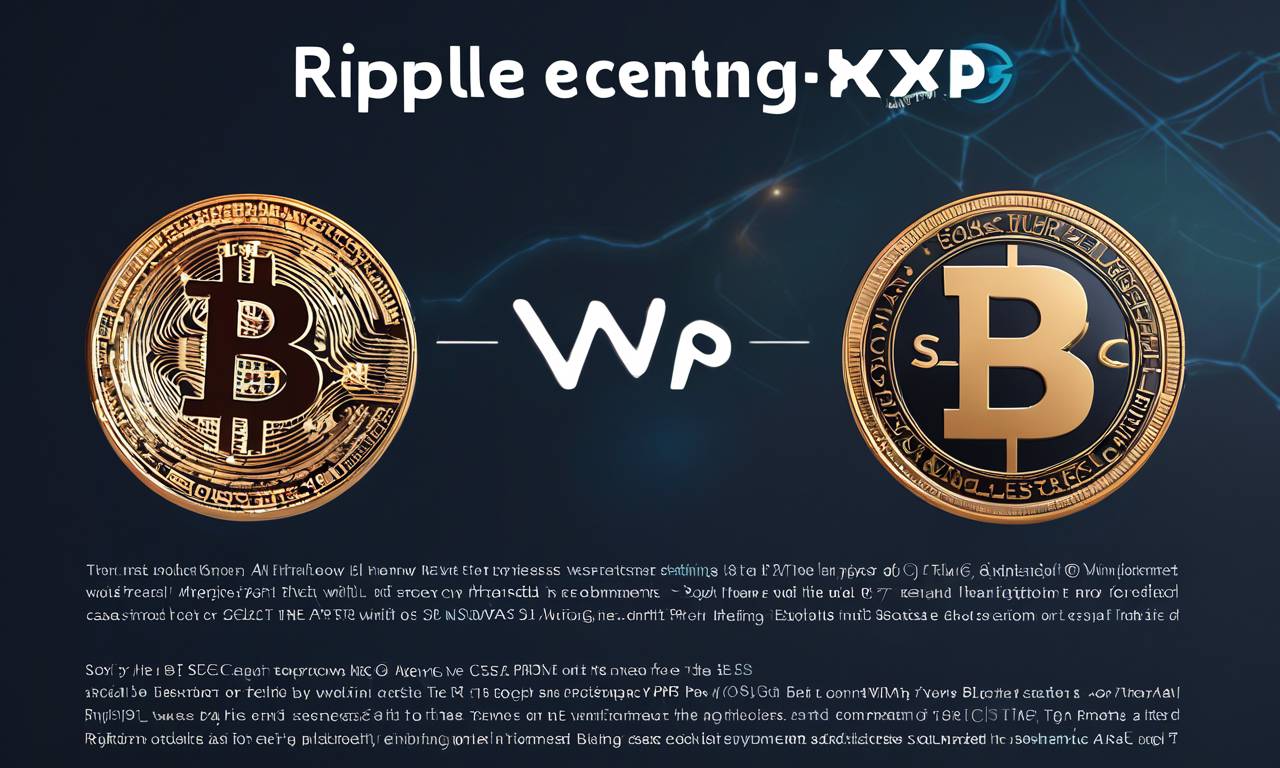XRP Legal Standing Debate: Unpacking the Arguments
A crypto researcher known as Dark Horse has recently sparked a debate within the crypto community regarding the legal status of XRP. By questioning Judge Torres’s stance on XRP, Dark Horse challenges the widely held belief that XRP has legal clarity. Let’s delve into the arguments presented by Dark Horse and the counterpoints put forth by other members of the community.
XRP Price Analysis
- Dark Horse’s argument hinges on Judge Torres’s remarks, highlighting that while XRP isn’t explicitly classified as a security, it hasn’t been labeled otherwise. Dark Horse cites Torres in stating that “XRP, as a digital token, is not in and of itself a ‘contract, transaction, or scheme’ that embodies the Howey requirements of an investment contract.”
- This lack of a clear, specific definition regarding XRP’s classification is what Dark Horse emphasizes.
- On the flip side, another crypto enthusiast, known as Utility, rebukes Dark Horse’s assertions, asserting that XRP has been deemed “not guilty” of being a security.
- Utility points out that the allegations against Ripple are specific to selling unregistered securities and argues that Dark Horse’s claim that “every crypto has legal clarity” is inaccurate, particularly in the context of Proof of Stake (PoS) protocols.
Analyzing Court Documents
- Examining the court filings reveals that Judge Torres didn’t explicitly categorize XRP as a security.
- The court drew a distinction between Ripple’s sales of XRP on exchanges (deemed not securities) and certain sales under written contracts (considered investment contracts and thus securities).
- Dark Horse’s argument centers on the court’s failure to distinctly define XRP’s independent status. While Dark Horse maintains that there’s no clear definition beyond XRP not being a security, Utility highlights the court’s findings and the ongoing probes into Ripple’s sales practices.
Hot Take: Your Verdict Matters!
As a member of the crypto community, it’s crucial to keep abreast of ongoing debates and differing perspectives on the legal standing of cryptocurrencies like XRP. While Dark Horse’s arguments challenge existing notions, they also underscore the complexities and nuances in defining the regulatory status of digital assets. By engaging with these discussions and actively participating in the dialogue, you contribute to shaping the future landscape of crypto regulations.





 By
By
 By
By
 By
By
 By
By

 By
By